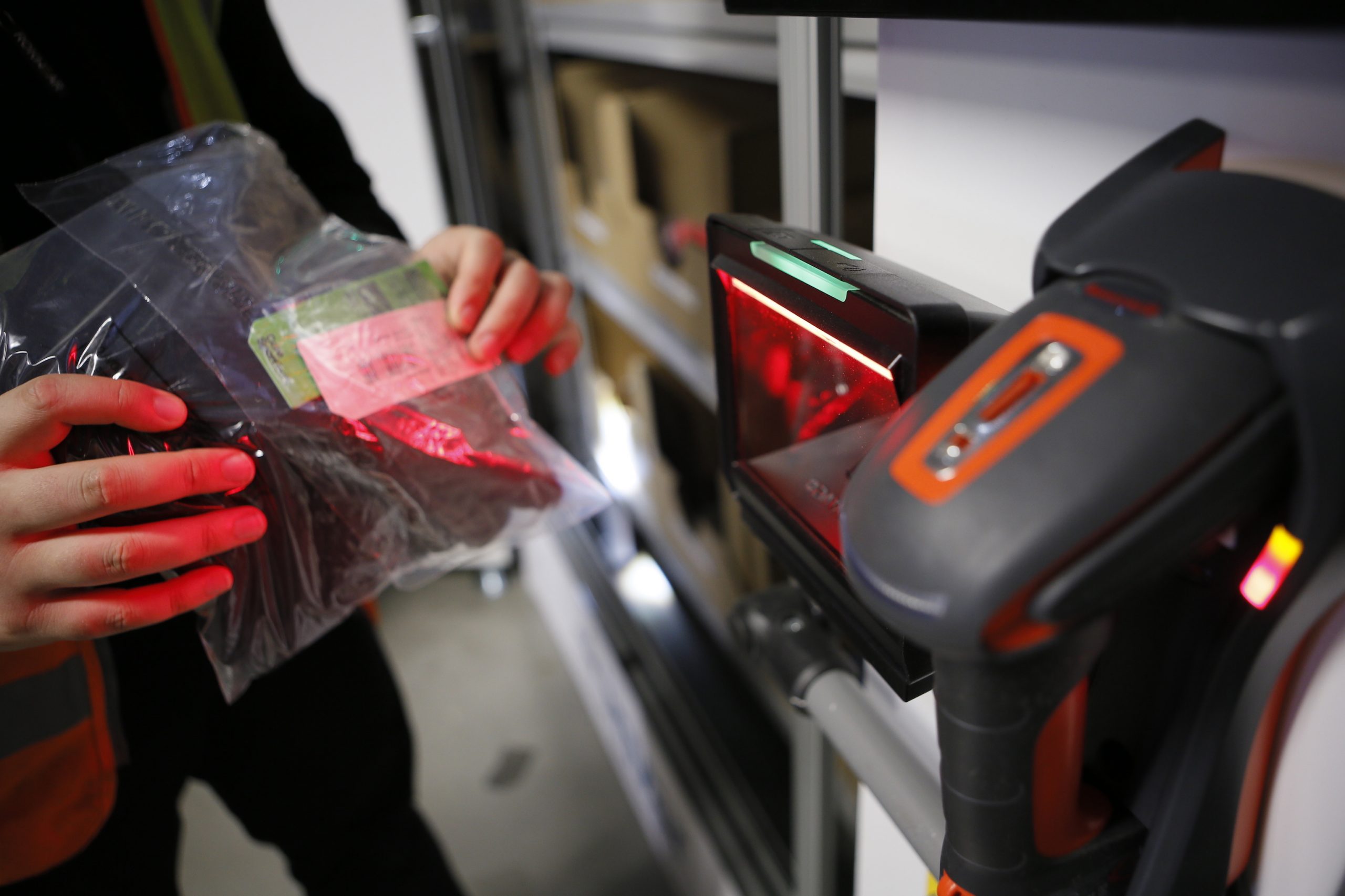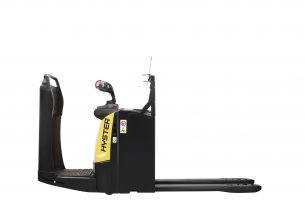Craig Whitehouse, Managing Director of Invar Integration, takes an objective view of problem solving within the warehouse.
Warehouses have become busy fulfilment factories, where throughput and performance can determine business success or failure. Now, as costs rise and labour availability falls, many companies are turning to technology to alleviate the pressure points in warehousing processes in order to free up valuable human resources and drive productivity.
But technology in itself is only part of the equation; those looking to adopt automation should consider their options fully, and very carefully, before arriving at a decision.
For a prospective buyer it can be tempting to read a few articles, identify a technology that looks appropriate and simply approach a technology vendor directly. Of course, this may work out fine. However, there is the danger that the buyer may just see the technology rather than the solution required. It’s all too easy to be sold a system that may work okay, as a compromise, but doesn’t necessarily offer you the best result – perhaps, falling short on flexibility, scalability, performance at peak or overall value, to mention but a few possibilities.
What is missing here is independent, informed thinking. Automation, with the plethora of technologies available, can offer a whole host of possible solutions to a range of warehouse processes – from goods-received, storage and order picking to packing, sorting and despatch. New technologies, such as Autonomous Mobile Robots (AMRs) combined with pick-to-light technology, have transformed good-to-person order processing in recent years, bringing highly flexible and scalable, low-Capex solutions within comfortable reach of small to medium size enterprises. But the choices are many and varied, which can be bewildering – making unbiased technical expertise an invaluable resource to tap into.
Working with an independent integrator offers a number of advantages. First and foremost, being independent means that recommendations relating to technology and potential suppliers are unbiased, and are not determined by the need to sell a proprietary product. A good integrator with strong software capabilities can therefore bring together the very latest and most advanced technologies for the task, producing a best-in-class solution.
Having in-depth knowledge and expertise in the field of advanced warehouse automation, helps too, of course. For instance, there are any number of suppliers of AMRs capable of handling cartons, however, they all have their own particular attributes and limitations. Understanding the technical specifications is essential. But important to know too is the purchaser’s priorities – is it price, space, reliability etc?
The starting point for any automation project has to be a complete understanding of the aims and objectives of the business. What level of growth is the business expecting year-on-year – is it 20% or more? What financial resources are available for any automation project? Limited capital may not preclude automation, as point solutions and scalable technology can be deployed in stages over time.
More specifically, what problems are you trying to solve? Automation may be adopted for any number of reasons, such as: increasing capacity, reducing reliance on labour, overcoming space constraints, lowering costs, increasing storage density, speeding processes, introducing higher levels of accuracy or enhancing operational resilience. But where in the warehouse can technology be best applied in order to deliver the desired objectives?
An independent systems integrator can help guide a business through this process, ultimately, figuring out what an optimum solution should look like and then finding the appropriate hardware to deliver against the set objectives. Critically, it’s this independence that enables the customer to have access to the very latest advanced technologies, a resource that can deliver the best-fit technology for their application. All in all, far better than taking a hardware first approach and then trying to crowbar the solution around it.
Bringing a combination of technologies together in a cohesive way, based on process efficiency and overall performance, is what counts and much of this depends on the software development and the skills of the integrator to successfully tailor the solution for optimum performance.
One of the biggest factors determining whether a solution works well or not is the software. That’s why it’s important to work with an independent systems integrator with its own in-house developed software and control solutions.
As an independent, full-spectrum automated warehouse solutions provider, Invar Group is free to select the most appropriate technology for the task, and being a multifaceted organisation that brings together skilled individuals with competencies across warehouse management software, systems integration and controls, we take responsibility for the complete turnkey-key system from start to finish.
More on smart warehouse automation at www.invargroup.com





